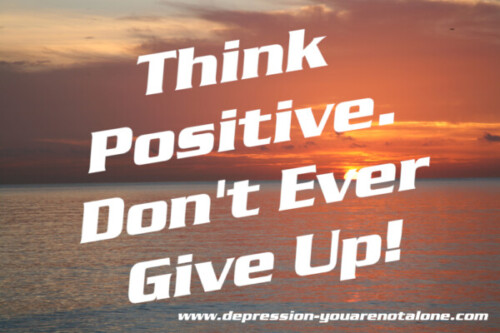Anxiety and Depression
By Editorial Team

Anxiety and depression are two of the most common mental health conditions that often coexist and interact with each other. While they are distinct disorders with different symptoms, they share some common features and can have a significant impact on an individual’s emotional and physical well-being.
Anxiety refers to a state of heightened worry, fear, and nervousness that can be triggered by a specific situation or occur without any apparent cause. It can manifest in physical symptoms, such as rapid heartbeat, sweating, trembling, and shortness of breath. Some common types of anxiety disorders include generalized anxiety disorder (GAD), panic disorder, social anxiety disorder, and obsessive-compulsive disorder (OCD).
Depression, on the other hand, is characterized by persistent feelings of sadness, hopelessness, and lack of interest in activities that used to bring pleasure. It can also cause physical symptoms, such as fatigue, changes in appetite and sleep, and difficulty concentrating. Depression can vary in severity and duration and may be triggered by a traumatic event, a chemical imbalance in the brain, or a combination of factors.
While anxiety and depression are distinct disorders, they often co-occur and can influence each other. For example, anxiety can lead to depression if it is left untreated or becomes chronic, as the constant stress and worry can deplete a person’s energy and motivation. Similarly, depression can trigger anxiety, as the negative thoughts and feelings associated with depression can create a sense of impending doom or catastrophic thinking.
There are several ways to control anxiety and depression, including:
Psychotherapy: Talk therapy, such as cognitive-behavioral therapy (CBT), can help individuals identify and challenge negative thought patterns and learn coping strategies to manage their symptoms.
Medication: Antidepressant and anti-anxiety medications can help regulate brain chemistry and alleviate symptoms. However, they should only be used under the guidance of a medical professional and may have side effects.
Lifestyle changes: Adopting healthy habits, such as regular exercise, balanced diet, and adequate sleep, can improve mood and reduce stress. Avoiding alcohol and drugs can also prevent exacerbating symptoms.
Mindfulness and relaxation techniques: Practices such as meditation, deep breathing, and yoga can help individuals manage their anxiety and depression by reducing physical tension and promoting a sense of calm.
Social support: Connecting with supportive friends and family members or joining a support group can provide emotional validation and reduce feelings of isolation.
It is important to seek professional help if anxiety and depression symptoms persist or interfere with daily functioning. A mental health professional can provide an accurate diagnosis and develop a personalized treatment plan to address the underlying causes and manage symptoms effectively.
Link: FindTreatment.gov is an online source of information for persons seeking substance use and/or mental health treatment facilities in the United States or U.S. Territories.

